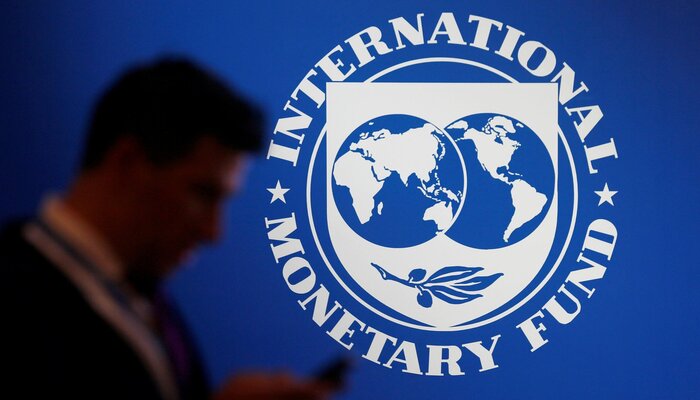ISLAMABAD: The International Monetary Fund (IMF) approved a $7 billion bailout package for Pakistan on Wednesday. This came after Pakistan pledged to reform its agriculture income tax, transfer fiscal responsibilities to the provinces, and limit subsidies.
The Prime Minister’s Office announced that the IMF’s Executive Board had given the green light to a 37-month Extended Fund Facility. This loan, totaling $7 billion, includes an immediate release of nearly $1.1 billion. Notably, this is Pakistan’s 25th IMF program since 1958, and the 6th under the Extended Fund Facility.
According to the Ministry of Finance, Pakistan will pay an interest rate of around 5% on the loan. Prime Minister Shehbaz Sharif emphasized that this will be Pakistan’s last IMF program. He made a similar statement after the approval of the 24th program in 2023.
Shehbaz credited Deputy Prime Minister Ishaq Dar, Army Chief General Asim Munir, and the finance team for securing the bailout. He also stressed that without the cooperation of all provinces, the federal government would struggle to complete this 25th IMF program.
Interestingly, the provincial governments of Sindh and Balochistan ratified agreements to sign the National Fiscal Pact after Pakistan’s staff-level agreement with the IMF on July 12.
However, the IMF approved this bailout without addressing one major issue – the restructuring of Pakistan’s external and domestic debt. In the last fiscal year, debt repayment consumed 81% of Pakistan’s tax revenues.
The IMF program aims to stabilize the economy by consolidating public finances, boosting foreign exchange reserves, and reducing fiscal risks. It also seeks to encourage private sector-led growth by improving the business environment.
To qualify for the program, the government introduced additional taxes of up to Rs1.8 trillion and raised electricity prices by as much as 51%. The government also committed to enhancing transparency within the Sovereign Wealth Fund.
In an unprecedented move, the IMF program extends to provincial budgets and revenues. There are approximately a dozen conditions that directly affect the provinces.
By next Tuesday, the federal and provincial governments will sign a new National Fiscal Pact. This will shift responsibilities for health, education, and infrastructure to provincial governments.
Additionally, by October 30, all provinces will align their agriculture income tax rates with federal personal and corporate tax rates. This will result in a significant increase in agricultural income taxes, which will rise to 45% by January.
All provincial governments have also agreed not to offer new subsidies on electricity or gas. Special Economic Zones or Export Processing Zones will not be established.
Under the IMF conditions, Pakistan will aim for a primary budget surplus of 4.2% of GDP over the next three years. This excludes interest payments, meaning a significant reduction in non-interest expenses and an additional tax burden on existing taxpayers.
Despite these reforms, the program has not fully addressed Pakistan’s debt sustainability. The government will rely on rolling over maturing external debt during the program period.
Follow us on Google News, Instagram, YouTube, Facebook,Whats App, and TikTok for latest updates
